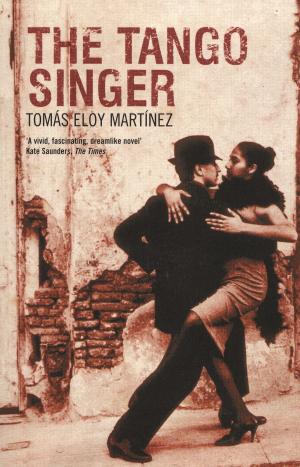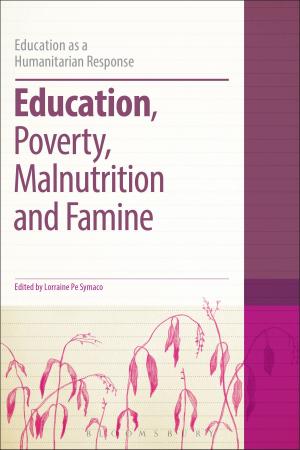The Army and the Radical Left in Turkey
Military Coups, Socialist Revolution and Kemalism
Nonfiction, History, Middle East, Social & Cultural Studies, Political Science| Author: | Özgür Mutlu Ulus | ISBN: | 9780857738677 |
| Publisher: | Bloomsbury Publishing | Publication: | December 8, 2010 |
| Imprint: | I.B. Tauris | Language: | English |
| Author: | Özgür Mutlu Ulus |
| ISBN: | 9780857738677 |
| Publisher: | Bloomsbury Publishing |
| Publication: | December 8, 2010 |
| Imprint: | I.B. Tauris |
| Language: | English |
In 1960s Turkey, the armed forces and the radical leftist movement provided two very dynamic, but very different, political forces. Yet, somewhat surprisingly, the majority of radical leftists in this period believed in the revolutionary potential of the armed forces in overthrowing the existing regime and replacing it with a quasi-socialist one. Covering the time between the two successful military interventions of 1960 and 1971, The Army and the Radical Left in Turkey considers the changing perspectives of the radical leftist movement towards the political role of the military in Turkey in this period.
The democratic reforms which followed the 1960 coup allowed leftist groups to operate legally for the first time, and as a result, Marxist or quasi-Marxist groups expanded and diversified enormously in the years that followed. But one of the significant problems faced by the leftist movement in the 1960s was factionalisation and the issue of why the left could not maintain unity in Turkey during this period. Ulus argues here that differing and opposing attitudes towards the armed forces within the leftist movement was one of the key causes of factionalisation – and that these differences became even more noticeable towards the end of the 1960s.
Examining the development of the leftist movement, its understanding of Kemalism, as well as the discourses and actions of the different leftist groups, including the Communist Party of Turkey and the Workers' Party of Turkey, Ulus analyses the political thought and organisational structures of these groups. She thereby shows why some leftists chose to encourage a military revolution, which they hoped would bring about the triumph of socialism in Turkey, but instead led to their downfall. As the 1960s ended with the radical left in disarray, this book will be invaluable for researches of the parties of the left across the Middle East, as well as scholars of modern Turkish history and politics.
In 1960s Turkey, the armed forces and the radical leftist movement provided two very dynamic, but very different, political forces. Yet, somewhat surprisingly, the majority of radical leftists in this period believed in the revolutionary potential of the armed forces in overthrowing the existing regime and replacing it with a quasi-socialist one. Covering the time between the two successful military interventions of 1960 and 1971, The Army and the Radical Left in Turkey considers the changing perspectives of the radical leftist movement towards the political role of the military in Turkey in this period.
The democratic reforms which followed the 1960 coup allowed leftist groups to operate legally for the first time, and as a result, Marxist or quasi-Marxist groups expanded and diversified enormously in the years that followed. But one of the significant problems faced by the leftist movement in the 1960s was factionalisation and the issue of why the left could not maintain unity in Turkey during this period. Ulus argues here that differing and opposing attitudes towards the armed forces within the leftist movement was one of the key causes of factionalisation – and that these differences became even more noticeable towards the end of the 1960s.
Examining the development of the leftist movement, its understanding of Kemalism, as well as the discourses and actions of the different leftist groups, including the Communist Party of Turkey and the Workers' Party of Turkey, Ulus analyses the political thought and organisational structures of these groups. She thereby shows why some leftists chose to encourage a military revolution, which they hoped would bring about the triumph of socialism in Turkey, but instead led to their downfall. As the 1960s ended with the radical left in disarray, this book will be invaluable for researches of the parties of the left across the Middle East, as well as scholars of modern Turkish history and politics.















